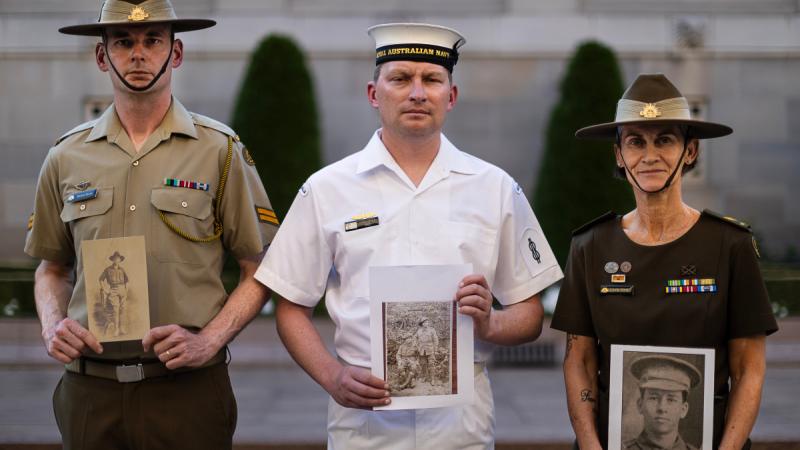La Trobe University’s top business degree – the Master of Business Administration (MBA) – has been ranked 39th globally in the latest New Corporate Knights Better World MBA Ranking.
The La Trobe MBA delivers a practical, industry-focused approach to students through enterprise learning and the United Nations-backed ‘Principles for Responsible Management Education’ (PRME).
Dean and Head of the La Trobe Business School, Professor Jane Hamilton, said the MBA has been garnering attention across the globe since its redesign in 2012.
“This ranking affirms the commitment within the La Trobe Business School and the MBA to leadership that is responsible, innovative, and engaged,” Professor Hamilton said.
“As one of the first Australian signatories to the United Nations PRME in 2008, and as PRME champions, responsible management education has long been embedded throughout the La Trobe MBA program.
“Our academics and research centres are actively researching issues related to sustainability and governance, providing a strong evidence base for how to lead responsibly. Our practical and industry-focused approach is bolstered by our outstanding partnerships with local businesses and peer networks such as the Global Compact Local Network and two-day conference sustainability in business conference, CR3+.”
The MBA is available at La Trobe’s campuses in Collins Street in Melbourne, Bendigo, Albury-Wodonga, Shepparton, Mildura, and online.
The MBA also ranked equal first in Victoria in the 2019 CEO Magazine Global MBA Rankings.
La Trobe’s business and management subjects are ranked in the top 250 worldwide, and Australian employers rate La Trobe graduates second among Victorian universities and eighth nationally for overall satisfaction.
Background
To determine the 2019 ranking, New Corporate Knights assessed 146 business schools around the world.
The schools were evaluated across five key performance indicators: The number of sustainability-focused articles in peer-reviewed journals and citations, the number of core courses that incorporate sustainable development topics, research institutes and centres devoted to sustainable development issues, and faculty gender and racial diversity in the business school.








